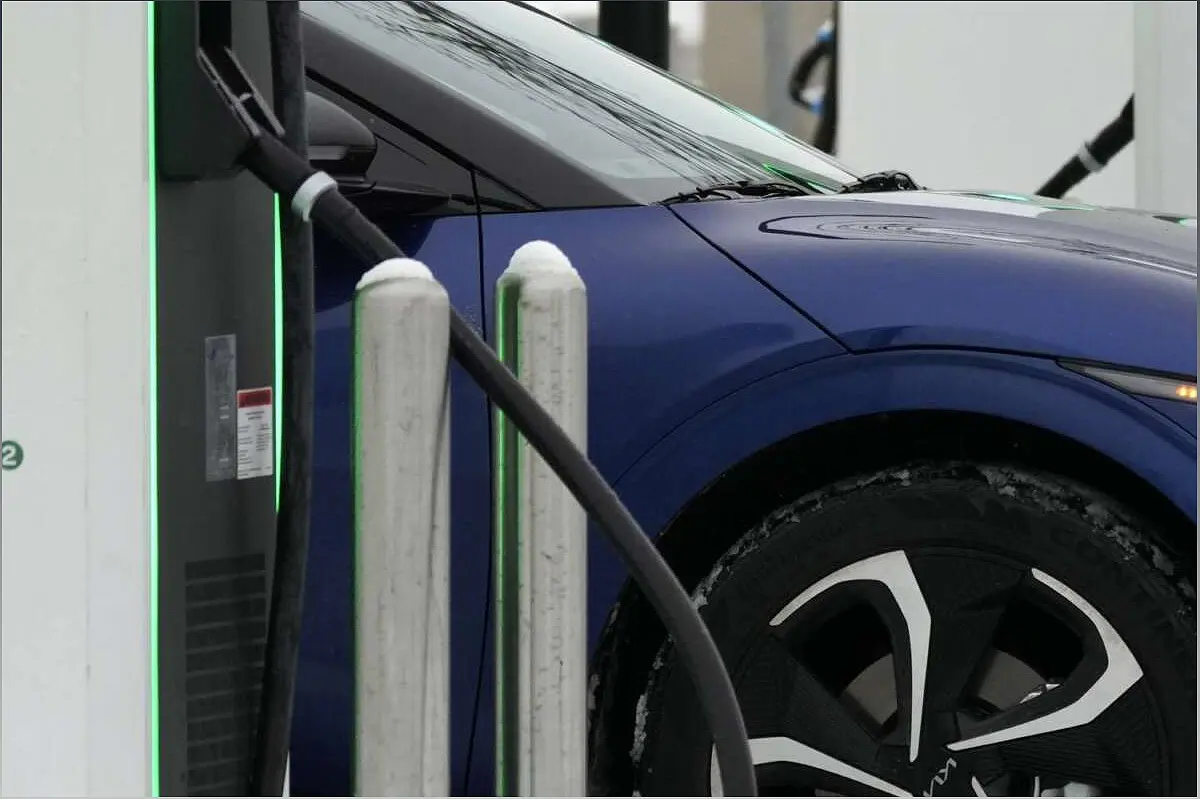As the demand for electric vehicles (EVs) continues to rise, upgrading the grid for EV charging is crucial for a successful transition. However, outdated software and infrastructure pose significant challenges. In this article, we will explore the obstacles faced in upgrading the grid and the importance of modernizing the software infrastructure. We will also discuss the role of open source solutions and interoperability in driving the transition to electric vehicles.
The Impact of Outdated Grid Infrastructure
Explore the consequences of aging grid infrastructure on the adoption of electric vehicles.
The aging grid infrastructure in the United States poses a significant challenge to the widespread adoption of electric vehicles. With more than 70% of the electrical transmission lines outdated, concerns about reliability and capacity arise. This outdated infrastructure not only hinders the expansion of the electric vehicle charging network but also threatens the overall stability of the grid.
Without a modern and robust grid infrastructure, the charging stations for electric vehicles cannot operate efficiently. This results in limited accessibility for EV owners and discourages the transition from gas-powered vehicles to electric vehicles. Upgrading the grid infrastructure is essential to meet the increasing demand for electric vehicle charging.
The Role of Software in EV Charging
Understand the importance of software in managing electric vehicle charging stations.
Software plays a crucial role in managing electric vehicle charging stations. Unlike traditional gas stations, EV chargers often operate without human attendants. This makes it essential for the charge management software to facilitate seamless communication between the charger and the back end.
However, most charge management software currently in use is built to outdated standards. These outdated standards lack real-time monitoring capabilities, leading to frequent downtime and operational issues. The government's mandate for strict standards by February 2024 has put pressure on operators to upgrade their software to meet the requirements for government funding.
Challenges in Upgrading Software Infrastructure
Examine the obstacles faced by companies in upgrading their software infrastructure for EV charging.
Upgrading the software infrastructure for electric vehicle charging presents significant challenges for companies. The majority of charge management software currently in use does not meet the updated standards required for government funding. This has resulted in difficulties for operators in qualifying for the available funds.
The major hurdle lies in the need for a major overhaul of existing software to comply with the new standards. This process requires significant time and resources, causing delays in software deployment. Without the necessary software upgrades, operators risk missing out on their share of the $10 billion funding allocated for grid modernization.
The Role of Open Source Solutions
Discover how open source solutions can drive the modernization of EV charging infrastructure.
Open source solutions are gaining traction in the modernization of electric vehicle charging infrastructure. Unlike proprietary solutions, open source software provides a standard platform that can be adopted and improved by the entire industry. It allows for collaboration and knowledge sharing, leading to faster deployment of EV chargers.
By leveraging open source solutions, companies can overcome the challenges of upgrading their software infrastructure. Open source software enables real-time monitoring, ensuring better operational efficiency and reduced downtime. It also promotes interoperability, allowing EVs to charge at any station regardless of the charging equipment or network used.
The Importance of Interoperability
Understand the significance of interoperability in creating a seamless charging experience for electric vehicle owners.
Interoperability is a key factor in the successful transition to electric vehicles. Currently, proprietary solutions create barriers for EV owners, as different charging stations have different plugs and charge management software. Standardizing interoperability is crucial to create a charging network that can power any electric vehicle.
The government has recognized the importance of interoperability and has mandated its implementation. By ensuring that all charging equipment, vehicles, and networks are interoperable, EV owners will have the freedom to charge their vehicles at any station, making the transition to electric vehicles more convenient and accessible.
Conclusion
Upgrading the grid infrastructure and software for electric vehicle charging is crucial for the successful transition to electric vehicles. The challenges posed by outdated grid infrastructure and software standards must be addressed to ensure the widespread adoption of electric vehicles.
Open source solutions and interoperability play a significant role in driving the modernization of EV charging infrastructure. By leveraging these technologies, companies can overcome the obstacles and create a seamless charging experience for electric vehicle owners.
FQA
What are the consequences of outdated grid infrastructure?
Outdated grid infrastructure hinders the expansion of the electric vehicle charging network and threatens the overall stability of the grid.
Why is software important in managing EV charging stations?
Software facilitates seamless communication between the charger and the back end, ensuring efficient operation of EV charging stations.
What are the challenges in upgrading software infrastructure for EV charging?
The major challenge lies in the need for a major overhaul of existing software to comply with updated standards, which requires significant time and resources.
How can open source solutions drive the modernization of EV charging infrastructure?
Open source solutions provide a standard platform for collaboration and knowledge sharing, leading to faster deployment of EV chargers and improved operational efficiency.
Why is interoperability important in EV charging?
Interoperability ensures that EV owners can charge their vehicles at any station, regardless of the charging equipment or network used, making the transition to electric vehicles more convenient and accessible.

